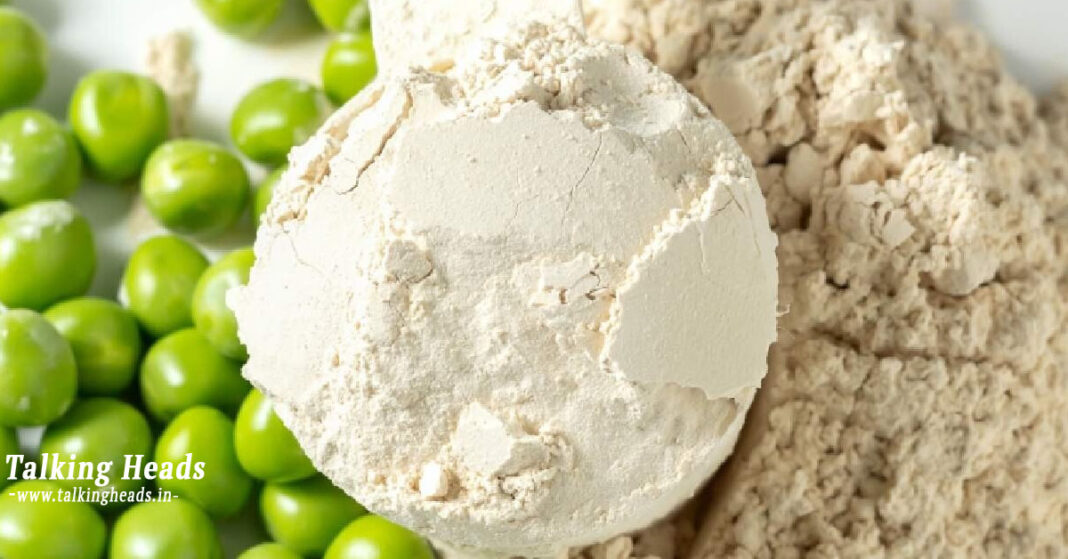Carcinogenic substance found in samples
Table of Contents
Maintaining an adequate protein intake is essential for a healthy and fit body. Protein plays a key role in muscle development, energy production, and supporting various bodily functions. Many individuals turn to protein supplements to address protein deficiencies. However, recent reports have raised concerns about the presence of harmful toxins and heavy metals in protein powders, posing significant health risks.

Beware of Protein Powders: The Toxicity of Protein Powders
A recent study tested 160 products from 70 popular protein powder brands. The results were alarming, with many products containing hazardous substances like arsenic, cadmium, and lead.
- Beware of Protein Powders: Chocolate-flavored protein powders were found to contain four times more lead and 110 times more cadmium compared to vanilla-flavored options.
- These heavy metals are linked to serious health issues, including liver and kidney damage, anemia, and neurological disorders.
- Plant-based protein powders, in particular, showed three times higher lead content compared to whey protein.
Beware of Protein Powders: The Dangers of Pesticides and Heavy Metals
In addition to heavy metals, pesticides have also been detected in protein powders. Among the 36 samples tested, three were found to contain harmful pesticides such as fenobucarb, thiamethosam, and dimethomorph. These chemicals have been associated with an increased risk of chronic illnesses, including cancer and chronic kidney disease (CKD).
Beware of Protein Powders: Safer Protein Alternatives

To reduce exposure to these harmful substances, it’s wise to choose natural, safer protein sources.
- Eggs: Contain all essential amino acids.
- Nuts and Seeds: Almonds, walnuts, chia, and hemp seeds are excellent choices.
- Lentils and Beans: Packed with protein and fiber.
- Paneer (Cottage Cheese): A low-fat, protein-packed dairy product.
Beware of Protein Powders: How to Choose Safe Protein Powders
If you prefer protein powder supplements, ensure they are properly tested and certified. Here’s how to make informed choices:
- Always check for certification labels and third-party testing.
- Read through the ingredient list and product certifications.
- Prioritize whole, natural, and minimally processed foods in your diet.
Excessive and unchecked consumption of protein powder can lead to significant health issues. By carefully selecting your supplements and favoring natural protein sources, you can safeguard your health and maintain optimal well-being.










